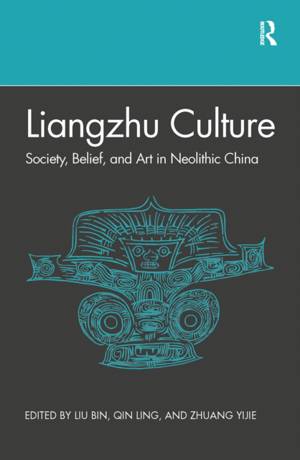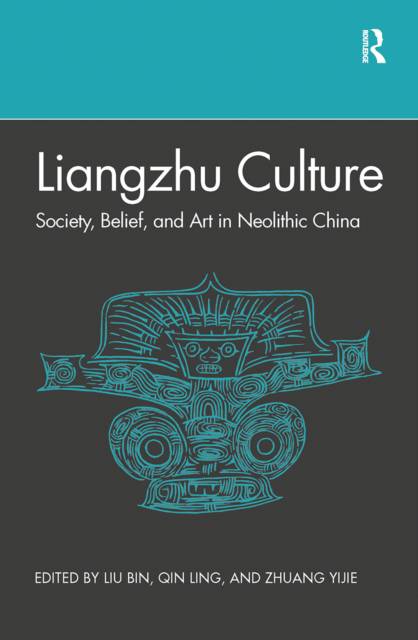
- Retrait gratuit dans votre magasin Club
- 7.000.000 titres dans notre catalogue
- Payer en toute sécurité
- Toujours un magasin près de chez vous
- Retrait gratuit dans votre magasin Club
- 7.000.0000 titres dans notre catalogue
- Payer en toute sécurité
- Toujours un magasin près de chez vous
Liangzhu Culture
Society, Belief, and Art in Neolithic China
Description
The Liangzhu Culture (3,300-2,300 BC) represented the peak of prehistoric cultural and social development in the Yangtze Delta. With a wide sphere of influence centred near present-day Hangzhou City, Liangzhu City is considered one of the earliest urban centres in prehistoric China. Although it remains a mystery for many in the West, Liangzhu is well known in China for its fine jade-crafting industry; its enormous, well-structured earthen palatial compound and recently discovered hydraulic system; and its far-flung impact on contemporary and succeeding cultures. The archaeological ruins of Liangzhu City were added to the UNESCO World Cultural Heritage List in July 2019.
Liangzhu Culture
contextualises Liangzhu in broad socio-economic and cultural backgrounds and provides new, first-hand data to help explain the development and structure of this early urban centre. Among its many insights, the volume reveals how elites used jade as a means of acquiring social power, and how Liangzhu and its centre stand in comparison to other prehistoric urban centres in the world.This book, the first of its kind published in the English language, will be a useful guide to students at all levels interested in the material culture and social structures of prehistoric China and beyond.
Spécifications
Parties prenantes
- Editeur:
Contenu
- Nombre de pages :
- 258
- Langue:
- Anglais
Caractéristiques
- EAN:
- 9781032084831
- Date de parution :
- 30-06-21
- Format:
- Livre broché
- Format numérique:
- Trade paperback (VS)
- Dimensions :
- 156 mm x 234 mm
- Poids :
- 367 g






